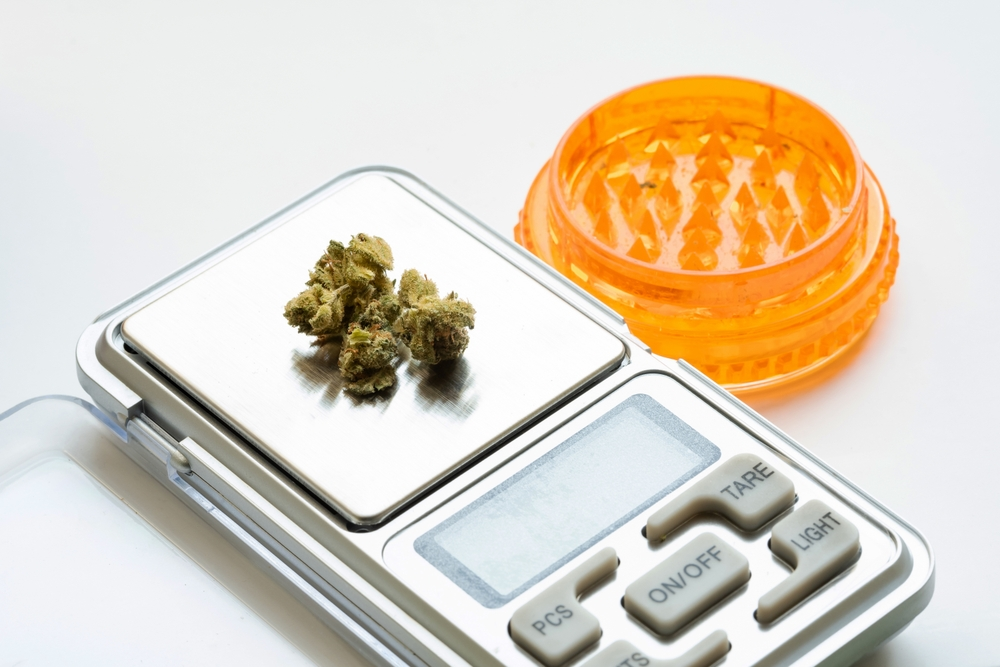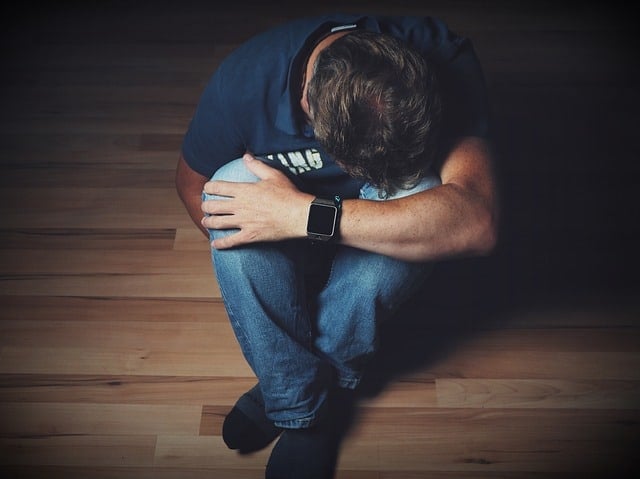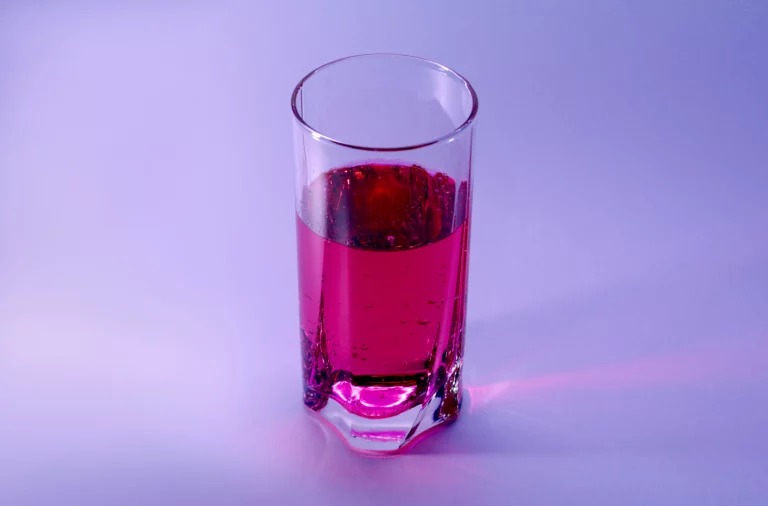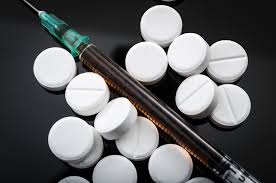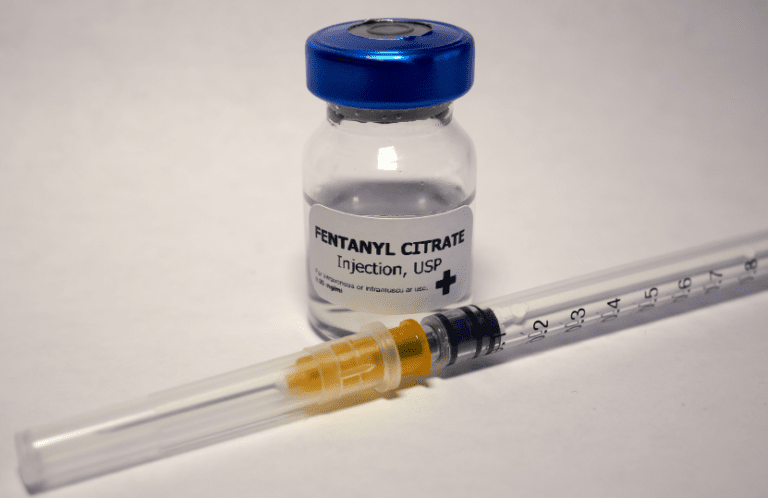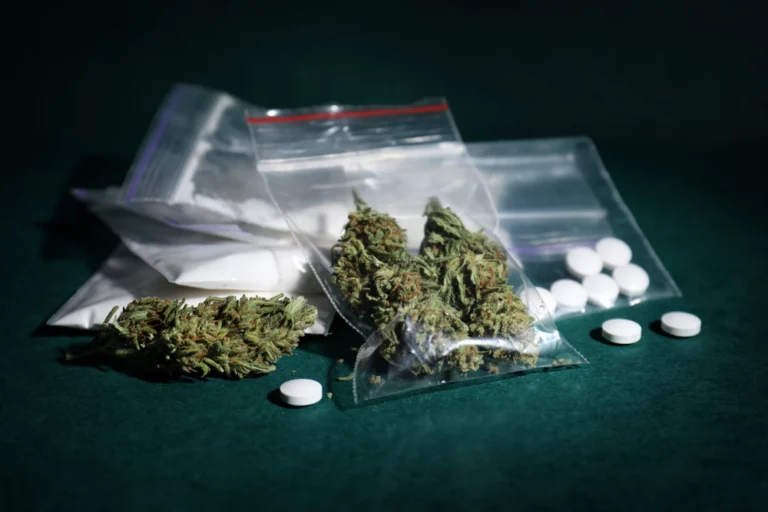What You Should Know About Microdosing THC
In recent years, the concept of microdosing THC has gained attention and curiosity as an alternative way to experience the potential benefits of cannabis without the intense psychoactive effects associated with larger doses. In this article, we will discuss this concept by looking into what microdosing is, if it is dangerous, the potential side effects, and the impact on daily life.
What is Microdosing?
Microdosing refers to the practice of consuming a very small, sub-perceptual amount of a substance to achieve specific effects while minimizing the intensity of the high. It’s a technique that aims to give subtle benefits from the substance without experiencing the full-blown effects associated with a standard dosage. The concept of microdosing varies between individuals and substances. It’s often an experimental, self-administered approach as there is no universally established standard for microdosing quantities.
When applied to psychoactive substances like THC (the primary compound in cannabis), the idea is to consume a dosage so minimal that it remains below the threshold to produce noticeable alterations in perception or consciousness. This aims to engage the body’s endocannabinoid system without inducing the usual ‘high’ or impairing effects. However, other substances have become increasingly popular to microdose, such as psilocybin mushrooms or LSD.
What Drugs Can You Microdose?
Microdosing has been associated with various substances, both psychoactive and non-psychoactive. Some of the most common substances for microdosing include:
- LSD (Lysergic Acid Diethylamide): Microdosing with very small amounts of LSD has gained attention for potential mood enhancement and cognitive effects without hallucinations.
- Psilocybin (Magic Mushrooms): Some individuals microdose with psilocybin for potential mood improvement, creativity, and focus without experiencing full psychedelic effects.
- MDMA (Ecstasy): Microdosing with MDMA has been explored for potential mood and energy enhancement, although this is more controversial and less common.
- Ketamine: Some individuals have experimented with microdosing ketamine for potential mood improvement.
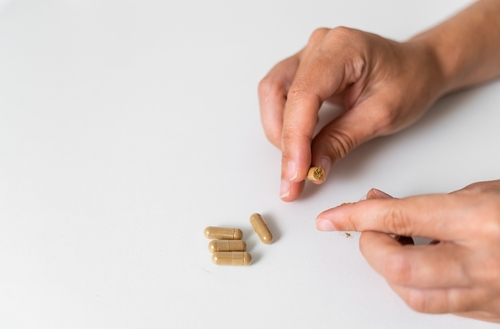
Is Microdosing THC Dangerous?
Microdosing THC, like any other substance, can be dangerous. While microdosing can present less intense side effects than taking higher doses, it can still present a potential danger to individuals. Each person’s response to THC can differ, and the lack of research on microdosing further complicates the understanding of its risks.
While microdosing involves using tiny doses of THC, research conducted by the National Institute on Drug Abuse has shown that THC levels in cannabis have continued to rise over the years. This increase in potency could potentially make it challenging to regulate the amount of cannabis when attempting to microdose.
Read More: Can You Trip On Weed? Signs, Symptoms, & Causes
The Side Effects of Microdosing THC
Some of the most common side effects of microdosing THC include:
- Anxiety and Paranoia: Even at sub-perceptual levels, some individuals might experience heightened anxiety or paranoia.
- Mood Swings: THC can affect mood, potentially leading to mood swings or changes in emotional state.
- Memory and Learning: THC can impact short-term memory and learning. Even at microdoses, these effects might still be present, albeit to a lesser degree compared to higher doses.
- Increased Heart Rate: THC can cause an increase in heart rate. While microdosing might lessen this effect, it could still be noticeable in some individuals.
- Impaired Brain Development: The developing brains of adolescents might be more susceptible to the effects of THC, which could interfere with normal development.

How Does Microdosing THC Affect Your Daily Life?
In addition to the side effects mentioned above, microdosing THC can affect many aspects of daily life. This includes the potential benefits of microdosing or why some individuals may choose to microdosing in the first place.
- Potential Benefits: Some individuals experience improved mood and reduced stress without the typical high associated with higher doses of THC, while others experience a calming effect without an overwhelming high. Some also experience heightened focus and increased creativity. Additionally, mild physical pain relief is possible for many. Medical marijuana is typically prescribed for these potential benefits but is more commonly used in the form of cannabidiol (CBD) than the traditional THC form.
- Social and Work Life: Productivity effects can differ, with some individuals experiencing enhanced productivity while others might feel impaired. Social interactions might vary as well, with some feeling more relaxed and social, while others might feel withdrawn or anxious. This can cause various effects on social relationships and work life.
- Legal and Safety Concerns: Concerns about legal ramifications and workplace issues could arise, particularly considering regional laws and job requirements. Safety considerations become essential, as tasks such as driving or operating machinery might be risky due to potential impairment.
Continue Reading: 7 Ways Addiction Affects Family and Friends
Is Microdosing Considered an Addiction?
Microdosing substances is not considered as having a typical drug addiction. However, it’s essential to note that any form of regular substance use, including microdosing, has the potential to develop into addictive behaviors or patterns for some individuals.
For some individuals, the regular use of a substance, even in minimal amounts, can become a habitual and compulsive behavior. Factors such as dependency on the potential benefits, increased tolerance leading to higher doses, or a growing reliance on the substance to manage emotions or daily activities could contribute to the development of addictive behaviors. This might manifest in a pattern where the individual feels compelled to use the substance regularly, even in minimal doses, despite the potential negative side effects.
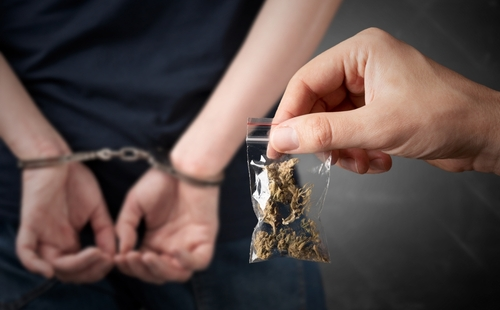
Marijuana Addiction Treatment Services Available in Asheville, NC
If you or a loved one is struggling with constant microdosing of THC, they might be suffering from a marijuana addiction. At Oasis Recovery Center, we understand the complexities of addiction and how it may impact each individual differently. We offer specialized addiction treatment services such as adventure therapy, dual diagnosis services, aftercare treatment, and more to support your journey toward recovery. Our dedicated team provides a comprehensive, personalized approach, addressing the unique needs of each individual to guide you on your recovery journey.
Contact us today to learn more about our treatment programs and how we can help you begin a new healthy lifestyle.



